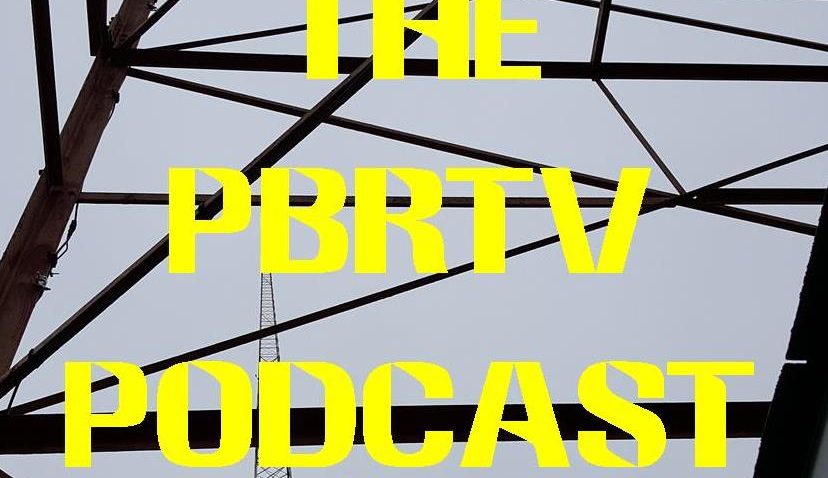WQED benefits from spectrum auction; must change OTA signal
February 14, 2017WQED-TV (13) will soon be able to completely retire its long-term debt after having participated in the FCC’s spectrum auction. The sale of its “channel 13” spectrum (which one might remember is a frequency of 210 to 216 MHz) will rake in $9.9 million – enough to retire its debt and have a couple million left over. In exchange, the station will have to move to a lower broadcast frequency which will happen in 2 to 3 years. The change will take place mostly behind the scenes, the station will still identify as “channel 13″and most changes will affect the over the air viewers who will have to rescan their digital boxes and televisions.
According to the Post-Gazette, the auction was conducted to clear space on the broadcast spectrum for wireless devices. The movement is likely to make room for seven new license blocks in the Pittsburgh market each of which will probably sell for upwards of $16 million. Dozens of stations in the Pittsburgh market were eligible to participate but only WQED opted to share the fact that they participated and how much they are expected to make. A station could sell their entire spectrum space, share with another station, or move to a different frequency
Before the stations were required to sign off their analog signals in 2009, WQED operated analog on 13 and digital on channel 38 with the intention of moving its digital signal back to 13 when the analog signal was turned off. It still owned the WQEX channel 16 at the time whose digital signal was on channel 26. It was then moved to channel 38 where WINP, now a commercial station, operates as virtual channel 16.


In hindsight the swap of 38 for 13 was a bad move. UHF spectrum space would have fetched a much higher price.
Based on the article WQED will move to a low VHF assignment rendering it almost useless to those who receive over-the-air-signal. Perhaps their plan is to consolidate with another station to carry the signal on a multiplexed data channel. That will work; but ultimately WQED surrenders their unilateral delivery vehicle. Yes UHF spectrum would have yielded 5 times the money and the FCC would have thrown in Hi-Band VHF to continue operation. WITF, Hershey made such a move.
I guess WQED had to do something to pay off its debts, but I have always been down on the idea of auctioning off the RF spectrum. Even though I fall on the conservative/libertarian side of things, being an amateur radio operator and general radio hobbyist, this subject concerns me a great deal. The RF spectrum should be held and used by the people through the FCC and some international regulations because there is only so much of it and depending on the wavelength, it is useful in one situation but not another and vice versa. I can see the idea of shared usage depending on the needs on the general area, the UHF-T public safety band from 470 to 512 Mc (megacycles) comes to mind but we need to think this over. I do have the question, will the same idea be put forth in the 210 to 216 Mc or will all channel 13 stations have to change frequency? I know cellphone companies generally use the 700 to 900 Mc and around 1900 to 2000 Mc areas, what use will VHF channel 13 be in that area? We keep eating up the TV spectrum to the point where we might not have enough channels for future use.
The Communications Act of 1934 states that the airwaves belong to the public.
(I’ll pause while you compose yourself from the gut-splitting fit of laughter and pull yourself back up off the floor)
That being said, if we are going to auction off the RF spectrum then those funds should be going into the PUBLIC treasury. Not to enrich private corporations, be they for-profit or non-profit.
It’s like the US Government handing a section of Yellowstone National Park over to Berkshire Hathaway and letting them sell it and keep the money.
The nation is, after all, $20 trillion in debt.